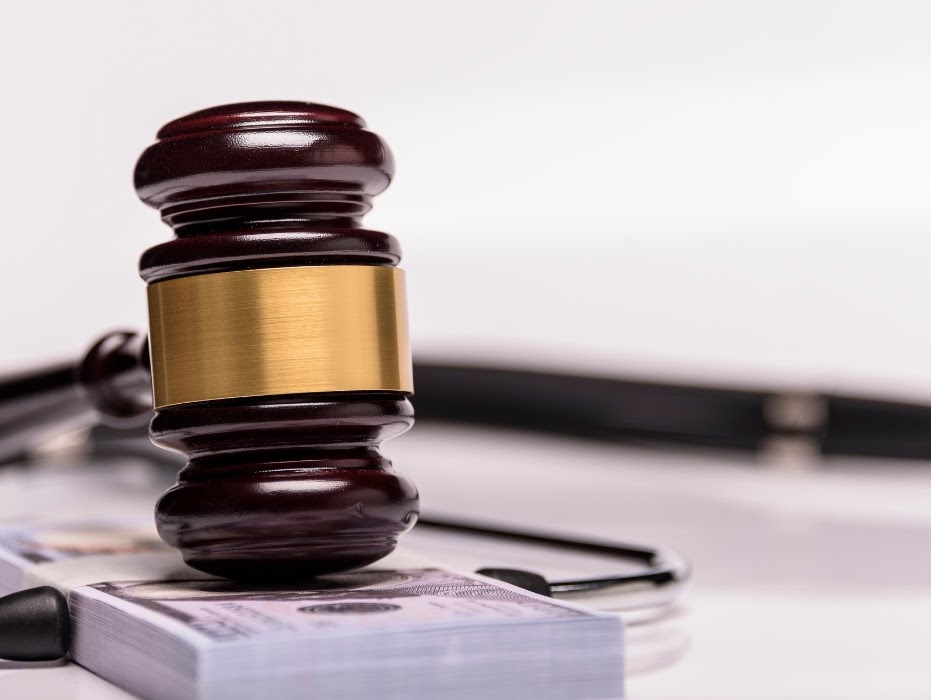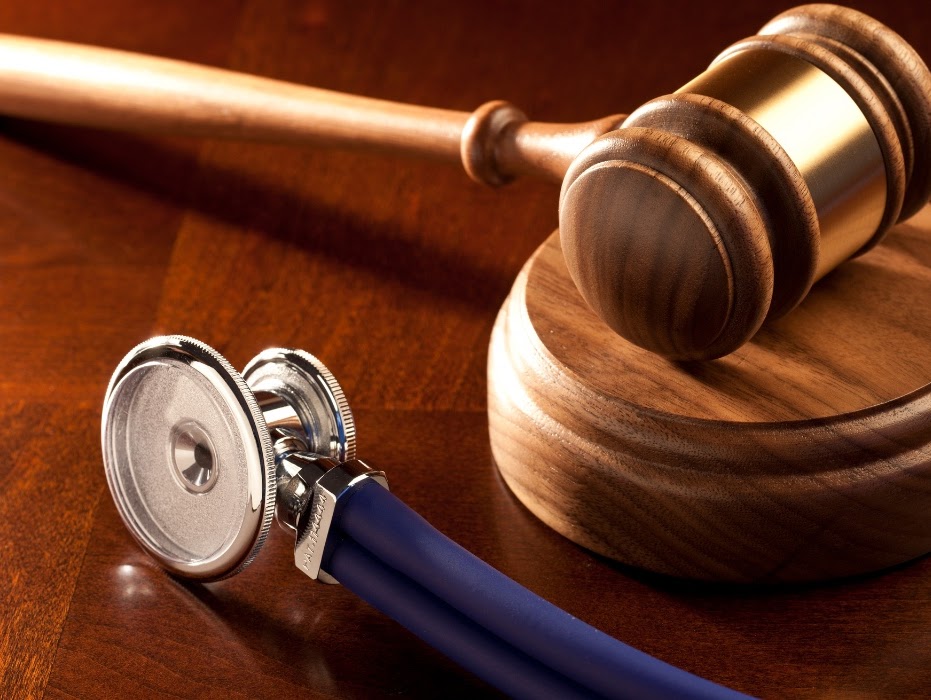

When considering a consultation with a malpractice lawyer, the process typically begins with an initial contact, often through a phone call or online inquiry. During this stage, the lawyer will conduct a preliminary evaluation to determine if your situation potentially involves malpractice. You may be asked to provide a brief overview of your case, including key details such as dates, parties involved, and any documentation you might have. This helps the lawyer assess whether there is merit to your claim and if further investigation is warranted.
If the lawyer decides that your case has potential, the next step involves gathering comprehensive information. This includes detailed medical records, communication logs with healthcare providers, and any other relevant documentation that can substantiate your claims. The malpractice attorney will guide you on what specific documents are necessary and may assist in obtaining these records if needed. This phase is crucial as it lays the foundation for building a strong case by establishing facts and identifying possible discrepancies or negligence.
Once sufficient information has been gathered, the malpractice lawyer will discuss the legal aspects of your case in detail. They will explain how malpractice laws apply to your situation and outline possible legal strategies moving forward. This discussion aims to ensure you understand both the strengths and weaknesses of your case while setting realistic expectations about potential outcomes. The attorney may also address questions about timelines, legal procedures, and any immediate actions required on your part.
Understanding the cost structure associated with pursuing a malpractice claim is essential during a consultation. Many malpractice lawyers work on a contingency fee basis, meaning they only get paid if you win the case or reach a settlement. However, it's important to discuss all financial aspects upfront—including court fees or additional costs—so there are no surprises later on. Once you're comfortable with these terms, you'll likely enter into an agreement that outlines both parties' responsibilities throughout the legal process.
After formalizing an agreement with your attorney, you'll proceed with outlining next steps for moving forward with your case. The lawyer will explain what actions need to be taken immediately—such as filing certain documents—and establish regular channels of communication for updates on progress. Maintaining open lines of communication is crucial for addressing any concerns promptly and ensuring you remain informed at every stage of the legal journey ahead.

Navigating complex medical lawsuits can feel like traversing a labyrinth, where every turn presents new challenges and uncertainties.. These legal battles often involve emotional stress, intricate medical knowledge, and detailed legal frameworks that can be overwhelming for anyone without expert guidance.
Posted by on 2024-10-07

Title: Common Challenges in Proving Medical Negligence Medical negligence is a serious concern that impacts patients and healthcare providers alike.. It involves a breach of duty by medical professionals, leading to harm or injury to the patient.
Posted by on 2024-10-07

Determining the average settlement handled by a medical malpractice lawyer is a challenging endeavor, given the complexity and variability inherent in each case.. Medical malpractice cases are unique, often involving intricate details that influence their outcomes significantly.
Posted by on 2024-10-07

Filing a medical malpractice lawsuit is a complex and often daunting process that requires understanding, patience, and meticulous attention to detail.. It involves several critical steps, each designed to ensure justice for the injured party while upholding the integrity of the healthcare system.
Posted by on 2024-10-07
Many malpractice cases never reach trial but are settled out of court instead—often influenced by the strength anticipated during trial proceedings based on gathered evidence so far presented by both parties involved (claimant & defendant). Skilled negotiators may secure favorable settlements without needing lengthy trials; hence settlement negotiation prowess also impacts perceived "success."
It’s important for clients seeking justice through legal means involving allegations concerning professional negligence/misconduct within healthcare settings maintain realistic expectations regarding possible results derived via engaging services provided specifically by experienced practitioners specializing primarily/exclusively handling such matters (i.e., “malpractice” focused). Success isn't guaranteed but increases when aligning efforts alongside knowledgeable allies possessing requisite expertise needed securing desired outcomes whenever feasible/practical given prevailing circumstances surrounding individual scenarios encountered therein accordingly overall contextually speaking!


Preparation is key when it comes to court appearances or depositions. Work closely with your lawyer to understand courtroom etiquette and procedures specific to malpractice cases. Participate in mock trials if offered by your attorney’s firm; these simulations can familiarize you with questioning styles and help build confidence ahead of official court dates. Thorough preparation minimizes surprises during actual proceedings, ensuring you're well-equipped to present a compelling argument.
Once the trial concludes, there are several post-trial considerations worth discussing with your malpractice lawyer regardless of the outcome. If successful in securing compensation or reaching a settlement, discuss how best to manage those funds responsibly moving forward. Conversely, if the verdict wasn't favorable, explore options such as filing an appeal or pursuing alternative dispute resolution methods like mediation or arbitration. Understanding next steps ensures you're informed about future possibilities while closing this chapter appropriately.
To effectively support your case, it's crucial to understand the types of evidence that can be beneficial. Medical malpractice cases often rely on medical records, expert testimonies, and documentation of treatment plans. These pieces form the backbone of your claim as they directly relate to the alleged negligence. Gathering comprehensive medical records is essential, as these documents provide a timeline and detailed account of treatments received. Additionally, expert testimony from other healthcare professionals who can attest that the standard care was breached will strengthen your position.
Once you've obtained all relevant medical records, organizing them systematically will benefit both you and your attorney. Arrange documents chronologically to create a clear narrative of events leading up to and following the alleged malpractice incident. This organization helps in identifying inconsistencies or deviations in care more easily. Ensure that every document is legible and complete; missing pages or illegible handwriting could become problematic later in proceedings.


In many malpractice cases, collaborating with experts beyond those testifying is necessary to evaluate complex medical data thoroughly. These experts may include independent clinicians who can review procedures performed or specialists familiar with specific standards within a given field of medicine. Their input helps frame technical information in layman's terms for court presentations while substantiating claims made against healthcare professionals involved.
Maintaining open lines of communication with your lawyer ensures they are fully informed about every detail pertinent to your case. Share all gathered evidence promptly without withholding information—whether seemingly trivial or not—as even minor details might affect legal strategies employed by counsel experienced in navigating such claims successfully. Regularly update them on any new developments so they're equipped to represent you most effectively throughout litigation processes ahead.
A medical malpractice lawyer specializes in representing patients who have been harmed due to the negligence or misconduct of healthcare professionals. They help clients navigate the legal process to seek compensation for damages such as medical expenses, lost wages, and pain and suffering.
If you believe that a healthcare professional’s negligence has caused you harm or injury, it may be beneficial to consult with a medical malpractice lawyer. They can evaluate your case to determine if you have grounds for a claim and guide you on the best course of action.
Look for a lawyer with specific experience in handling medical malpractice cases, a successful track record of settlements or verdicts, strong communication skills, and positive client reviews. It’s also important they offer initial consultations to discuss your case without obligation.
The time frame to file a medical malpractice lawsuit varies by jurisdiction but often ranges from one to three years from the date of the incident or discovery of harm. Consulting with an attorney promptly is crucial to ensure compliance with these deadlines.